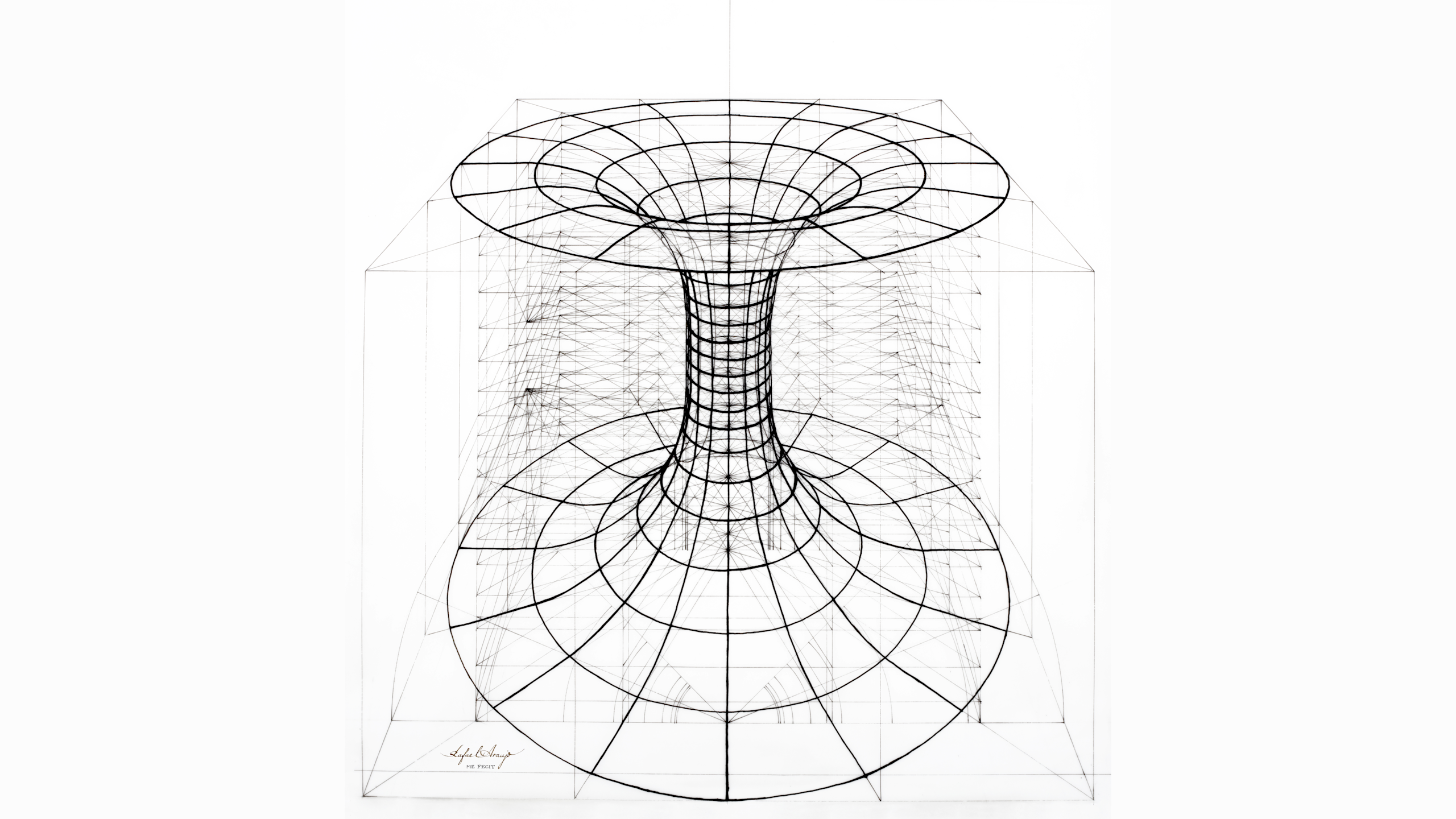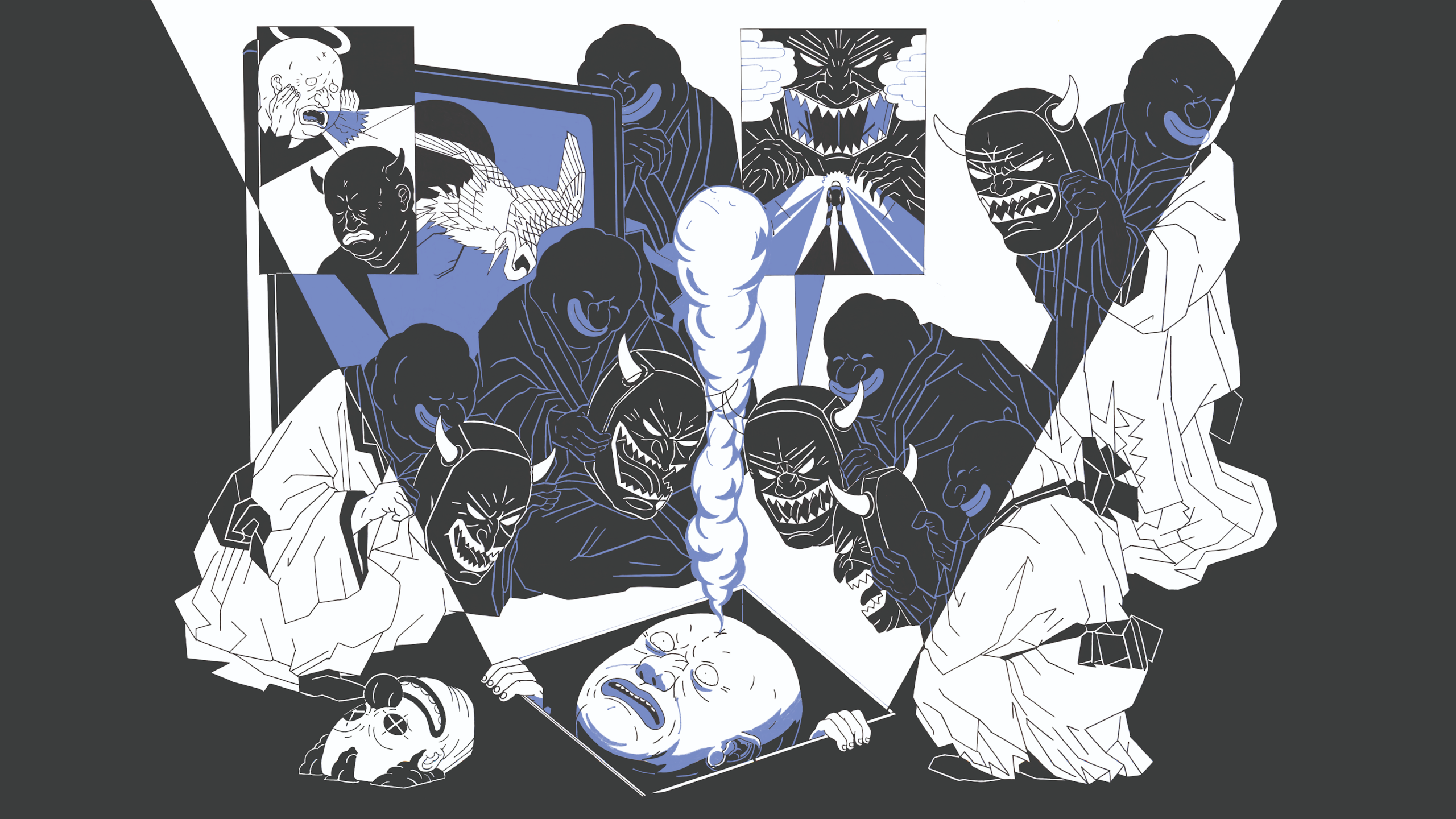The Covid Wormhole
Crisis means opportunity…to see the future?

Torus Vortex. Artist: Rafael Araujo
If you’ve read or watched any science fiction, you’re probably familiar with the concept of a wormhole. Wormholes are tunnels through spacetime (a 4D structure mixing space and time) that connect two distant points in our universe – distant in time and/or space.
Scientists have yet to conclusively prove that wormholes exist, but they are consistent with Albert Einstein’s theory of relativity and his work with Nathan Rosen, which is why they are sometimes called “Einstein-Rosen bridges”. It’s also why scientists join sci-fi writers in spending a lot of time thinking about how cool wormholes are, and how useful they could be.
Imagine flying through a wormhole to jump to a place on the other side of the galaxy, or peering through a wormhole to see hundreds of years into the future. But don’t imagine doing it for very long, because wormholes are notoriously fragile, unstable, and likely to rapidly collapse into a pair of black holes.
Still, even a short glimpse of the future is a great opportunity. And although scientists haven’t nailed down the existence of wormholes just yet, we already have something else that can offer us a glimpse of the future: Big events or a big crisis. These serve as a catalyst that accelerates and compresses the timeline of the future.
The Covid crisis is admittedly less fun than a sci-fi wormhole. But the fact that it changed the world with lockdowns and restrictions on travel does offer us a brief chance to see into the future. So what did we see?
Arguably, we saw two distinct possible futures based on two different models of governance. We saw an authoritarian technology-based governance model, which was effective but severely curtailed human freedom. We also saw a democratic ideology-based system that could barely be called governance, insofar as it failed to deal with the issue.
Which of these two futures should we strive to build? Ideally neither; most people would prefer to retain their freedom, while still having a government that protects the lives and well-being of its citizens. But how do we reach that sweet spot? Perhaps if we took those centralized technology platforms and customised them for democracy, we could create a more localized government where each community could choose its own policies. That would foment a greater buy-in from people, and empower them by customizing the technology platforms to their specific community requirements.
All of which may seem like a big leap from one glance through a covid wormhole. But while wormholes may be unstable, they do give us a brief chance to learn a lot by looking into another spacetime. And this is information we’d be foolish to ignore.




Responses